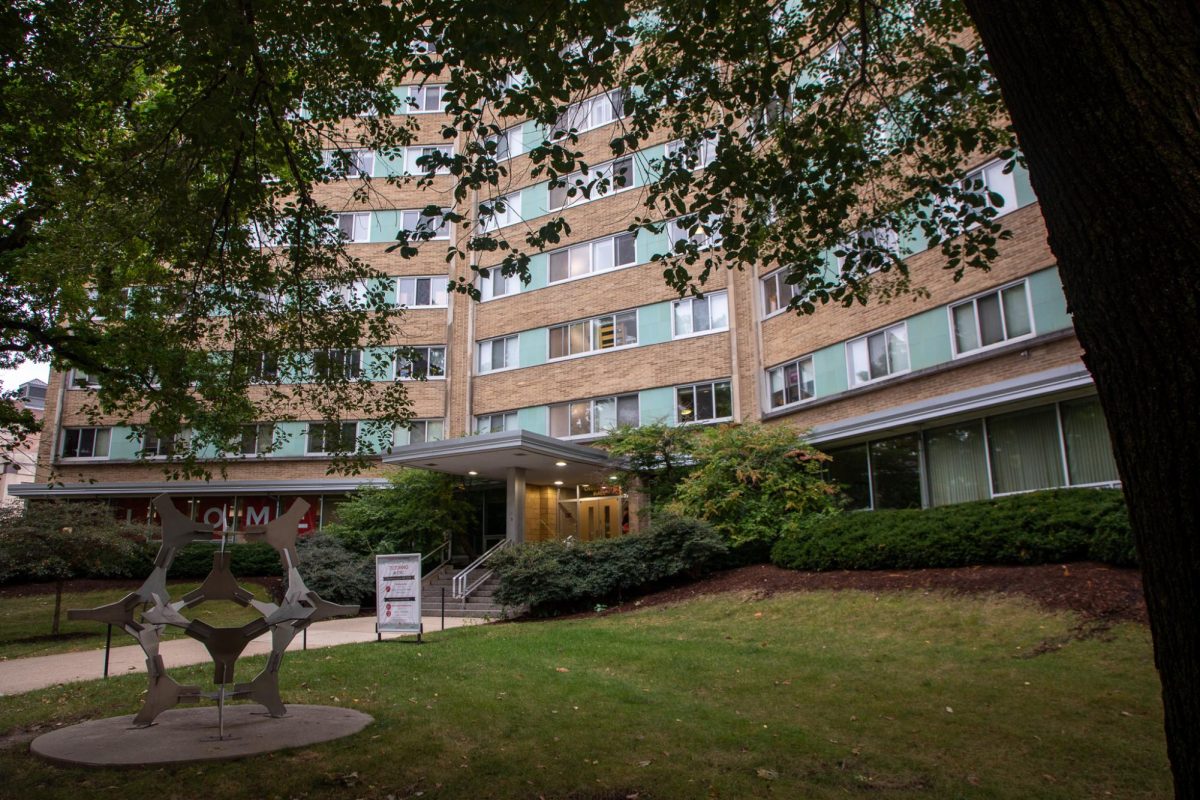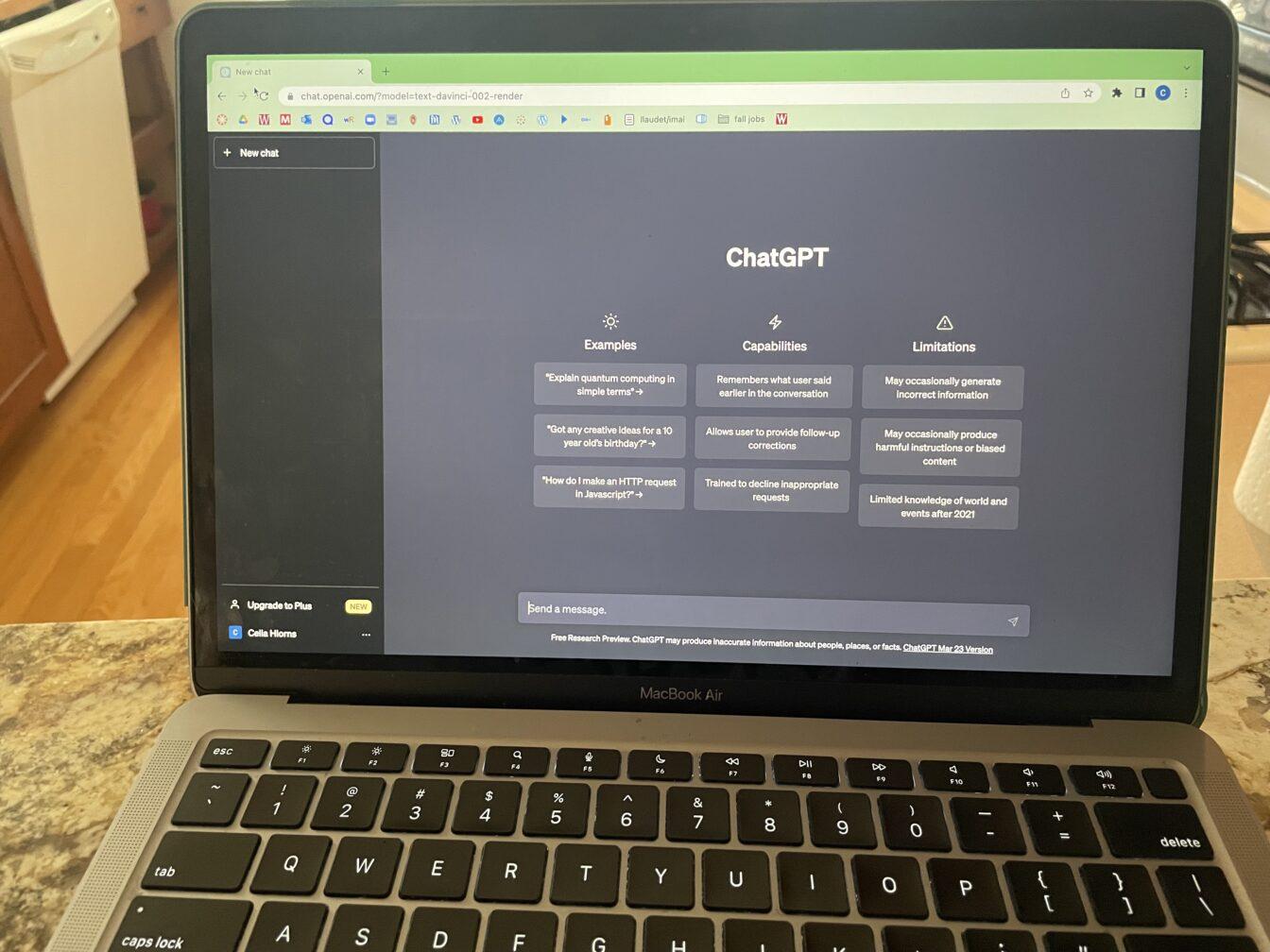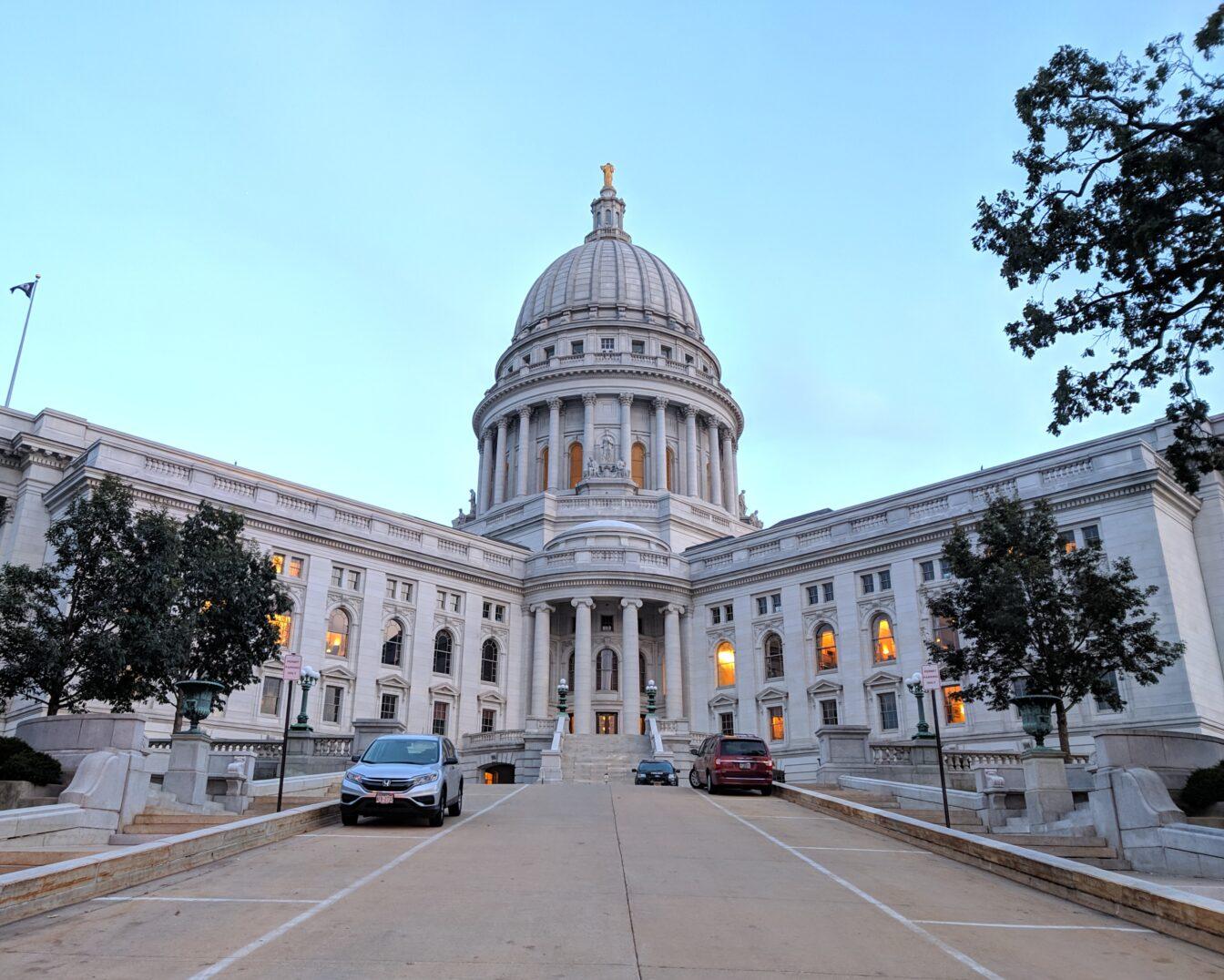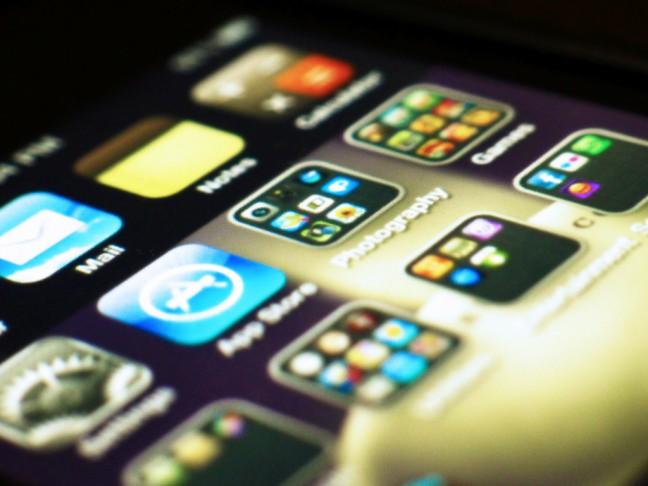This story is about how I stopped hate-watching and learned to (mostly) like HBO’s acclaimed ad nauseam original series “Girls.”
There comes a point when television becomes Good Television. “Girls” became relevant and relatable when shit got dark in Season Two.
In the season finale, the girls of “Girls” catch a glimpse of the future. Marnie has her Charlie, Jessa is still absentee – a narrative likely to be fleshed out next season – Shoshanna is alone with her ribbons and her pillows and Hannah finds some brand of solace in Adam’s arms. All of this could be temporary, but each character grasps at a way forward after the ensemble collectively finds themselves in the darkest places they’ve been in two seasons. This is when it got good.
The characters become painfully aware of their flaws during the course of Season Two, which made them feel more authentic, more fragile and more real than the caricatures I frequently lost my patience with early on in the show. These girls evoke human sympathy, even if they don’t have it all together. This transformation is most obvious in creator Lena Dunham’s protagonist Hannah, a character who has consistently been my least favorite part of the show for as long as I’ve been watching.
When I stumbled across a compilation of all the stupid and hopelessly self-involved things Hannah has said this morning on the culture blog Vulture, I could hardly believe this was the same girl as the one lying on her kitchen floor with a punctured eardrum and obsessing over the same first (and only) sentence of her e-book.
“If anything, I think I’m just too smart and too sensitive and too, like, not crazy,” old Hannah said.
“You are from New York. Therefore you are just naturally interesting,” old Hannah told herself in the mirror.
This is the Hannah that’s insufferable and self-indulgent – the adult who doesn’t need her parent’s help and has a bona fide book deal. Ironically, it’s only when Hannah is forced to confront her demons that she feels like a believable and sympathetic character. She encounters what it means to be striking out in the adult world, alone. The resurgence of Hannah’s obsessive compulsive disorder, which catalyzes a total personal and creative breakdown, highlights the dark side of pretending to have everything under control when she really just wants her parents (or Laird or Adam) to come and pick up the pieces.
Sometimes, you don’t have things under control.
“A friendship between college girls is grander and more dramatic than any romance …” is how Hannah begins her futile novel. It’s a sentiment that’s so fake and so Astroturf-ed it’s no wonder she doesn’t know what to write next. By shedding the vapid Season One storyline about the zany misadventures of becoming an adult in Brooklyn, the show is able to delve into the darker side of becoming an adult, which doesn’t always come with fun and sunshine. Sometimes things are hard, and you have to deal with them by yourself.
One last bit about Hannah, I promise. For me, one of the highlights of the finale was Laird dropping the truth bomb on Hannah I’d been hoping for the entire run of the show: “You are the most self-involved, presumptuous person I’ve ever met … It’s a dark scene in your head.” For the character we’re led to think is the most conventionally dysfunctional, he cuts straight to the heart of Hannah’s nature.
I am tentatively supportive of Hannah letting Adam back into her life. It makes sense on a therapeutic human level that two people who feel broken and damaged can help prop the other one up. This also seems to be the only avenue Hannah will use to draw herself out of her negative mental state, with all three of her best friends blissfully unaware she is hunkered down in her apartment cutting her own hair. I really didn’t like the overly heroic music set to the sequence of Adam’s bare-chested run to her apartment, though. If Hannah’s going to rise up out of it, she needs more than a boyfriend.
Although Charlie and Marnie’s reunion drew the ire of some “Girls” fans, I was about to choke up for the sheer honesty of it all. The two are finally honest with each other about their feelings and the future – they’ve always been meant for each other – and it’s a lovely thing. It seems like the relationship could stick.
As far as you and I are concerned, Shoshanna is dead. Maybe it wasn’t right for her and Ray – that’s fine! But the fact she turned the dumping on Ray’s flaws and never admitted to cheating on him doesn’t sit right with me.
“Girls” became interesting, must-watch television when it took a walk on the dark side.













